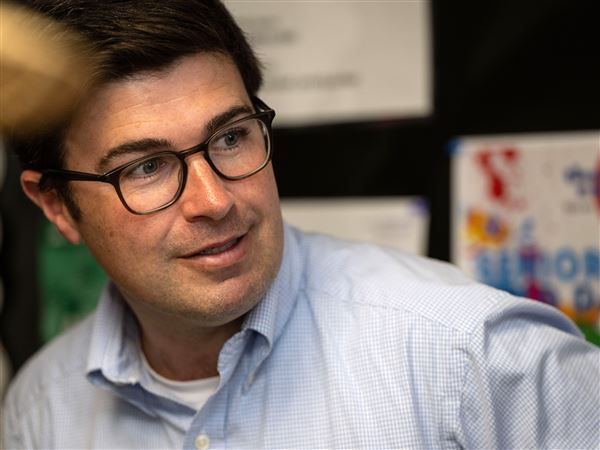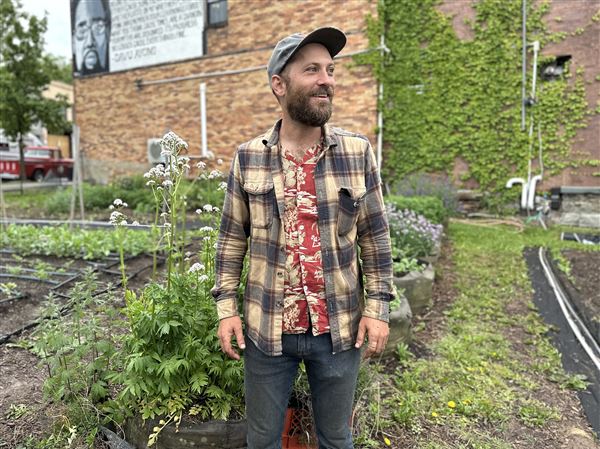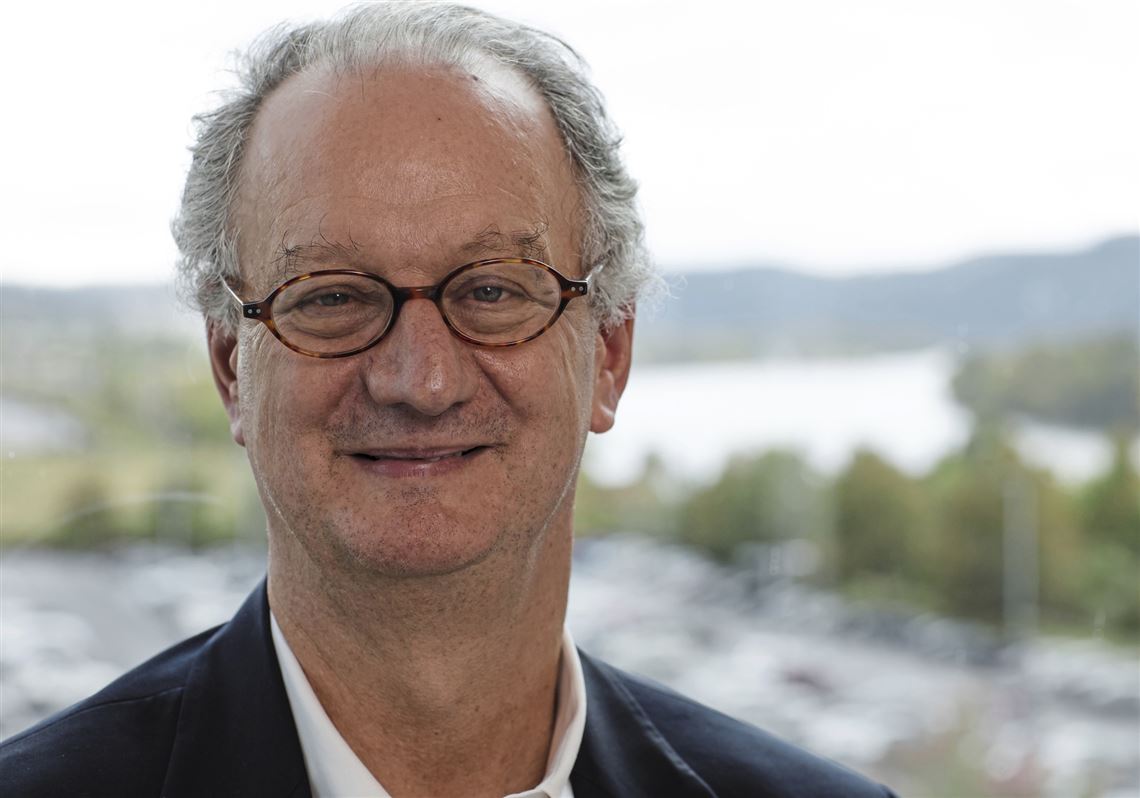Toren Finkel, who recently turned 60, isn’t beyond joking about the relevance of his interest in anti-aging research.
“This has become personal for me,” the new director of the UPMC/University of Pittsburgh Aging Institute said with a chuckle during an interview.
Dr. Finkel, a trained cardiologist who transitioned into a research career studying the biology of aging, was more recently chief of the Center for Molecular Medicine within the National Institutes of Health. He started Sept. 1 heading the Aging Institute, which links clinicians, scholars and researchers affiliated with Pitt and UPMC whose interests in aging overlap.
It has been known for various public education programs and services, but as a basic-science researcher replacing psychiatrist and former director Charles Reynolds III, Dr. Finkel is looking to expand the institute’s scientific work. He said UPMC and Pitt have pledged resources to back research by Dr. Finkel and others he will recruit with the goal of identifying drug therapies that could counter age-related disease.
Drugs have been shown to slow the effects of aging in worms and mice and improved their longevity, and future steps involve translating that research into changes in humans, Dr. Finkel said. The idea isn’t merely to help people live longer, but to give them high quality of healthy living for longer — what is known as health span instead of simply life span.
“It’s a very exciting time, because everybody understands age is really the most important risk factor for the diseases we’re most worried about — Alzheimer’s, heart disease and cancer — but until recently the idea that you could modulate how fast we age was science fiction.”
He said drugs such as metformin and rapamycin have the potential to enhance older adults’ quality of life, either by physical means in rejuvenating the body or in mental functioning such as improved memory retention. That’s the kind of research Dr. Finkel hopes can be carried out at the Aging Institute, aided by the presence and potential participation of so many patients going through UPMC’s medical system.
He said he expects such research at the Aging Institute to supplement rather than replace its existing community programs. In his own research, he has had nearly 200 studies published from his NIH-connected work within the National Heart, Lung and Blood Institute. He will hold the first endowed Beckwith Chair in Translational Medicine at UPMC, which is funded by a $2.5 million gift from UPMC Chairman Nicholas G. Beckwith III and his wife, Dorothy, that will support the research efforts.
With its demographics that skew old, the Pittsburgh region seems like a good fit for the type of work Dr. Finkel is interested in, though it doesn’t look all that gray to him around Oakland or his new home in Shadyside.
“I know that’s what the statistics say, but to me it seems like a city on the way back and very vital,” he said. “It seems to me to be an energetic and youthful city, and hopefully we can keep that vitality going by helping those who are aging among us.”
Gary Rotstein: grotstein@post-gazette.com or 412-263-1255.
First Published: September 20, 2017, 10:28 p.m.

















